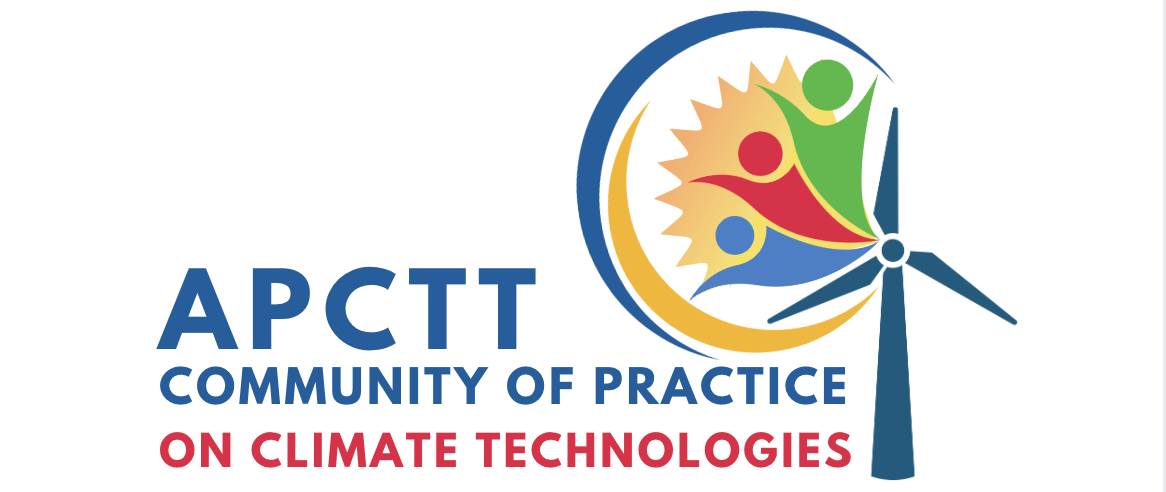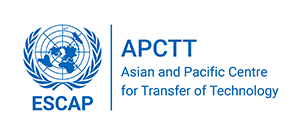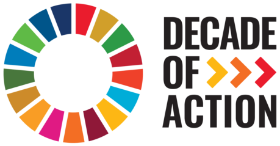
The Community of Practice (CoP) on Climate Technologies launched by the Asian and Pacific Centre for Transfer of Technology (APCTT) is dedicated to addressing the multifaceted challenges posed by climate change in the Asia-Pacific region through technology solutions. By leveraging the region's rich innovation capacities and good practices, the CoP aims to enhance access to critical knowledge on climate technologies, fostering innovation, transfer, commercialization, and adoption of these technologies. The Community connects professionals from government, research and development institutions, private sector, civil society and relevant stakeholders engaged in delivering technological solutions to climate change.
Recognizing the urgency of climate action, members actively seek to build a common understanding of the concepts and practices applied by various stakeholders in the region on climate technologies. The community contributes to the coherence, cohesiveness, and cross-learning, leading to improved effectiveness, efficiency, and impact of climate actions.
Contact
To find out more about the Community of Practice on Climate Technologies, please write to:
Research Team,
E-mail: apctt@un.org

